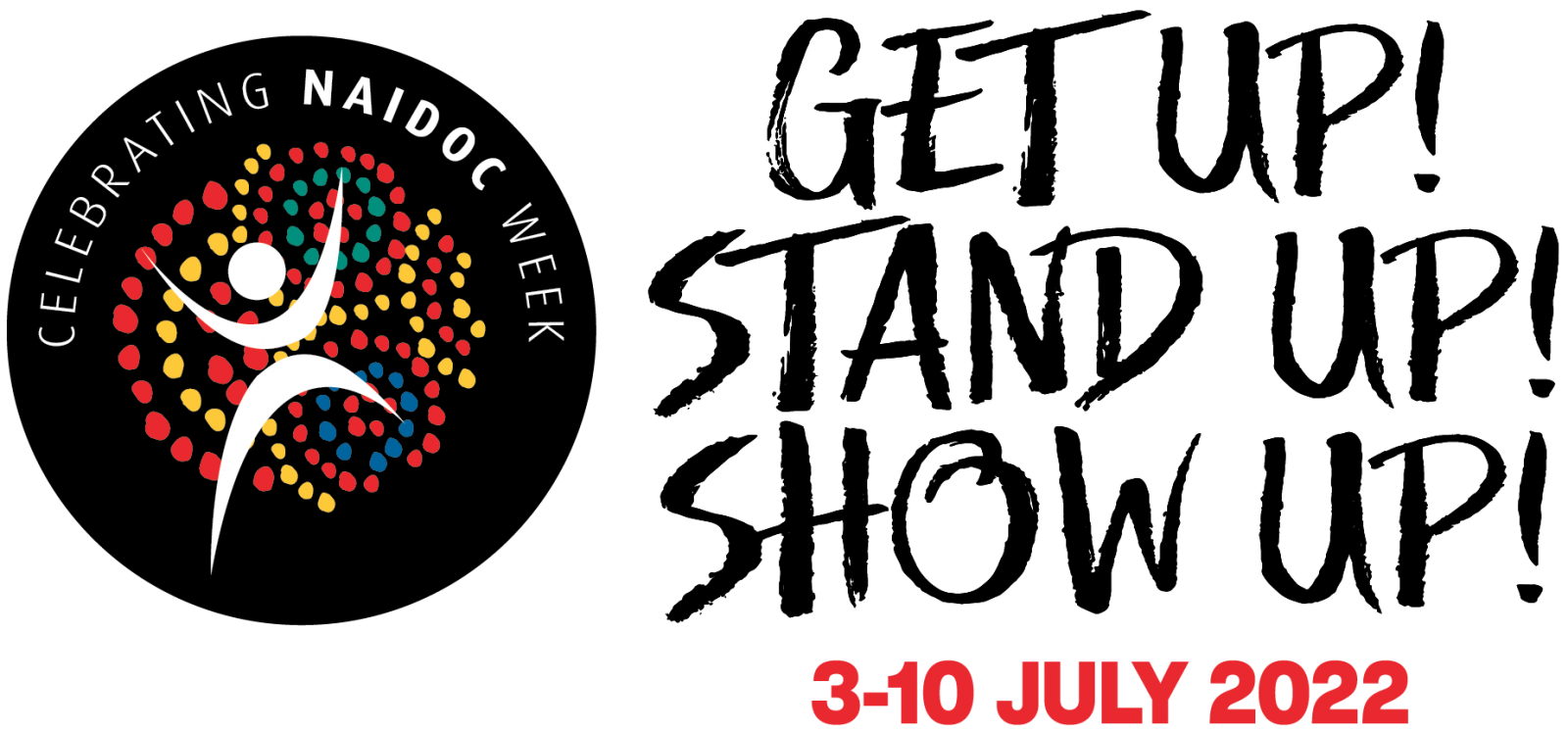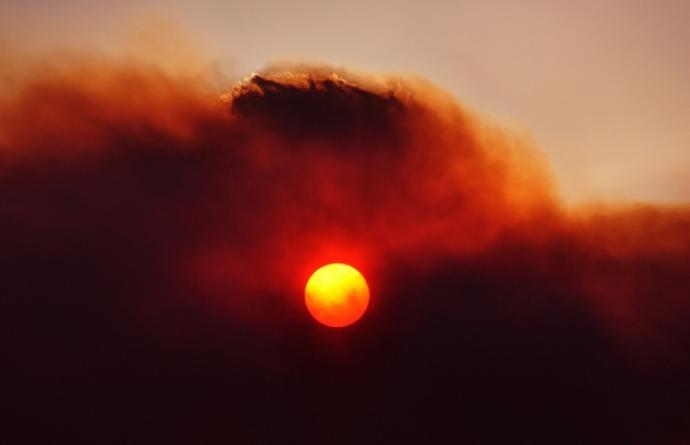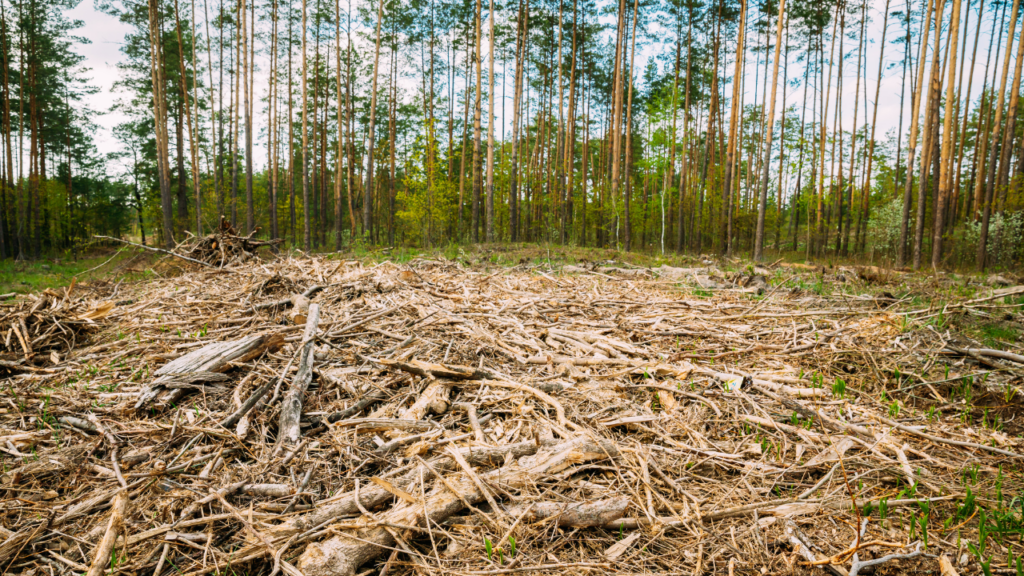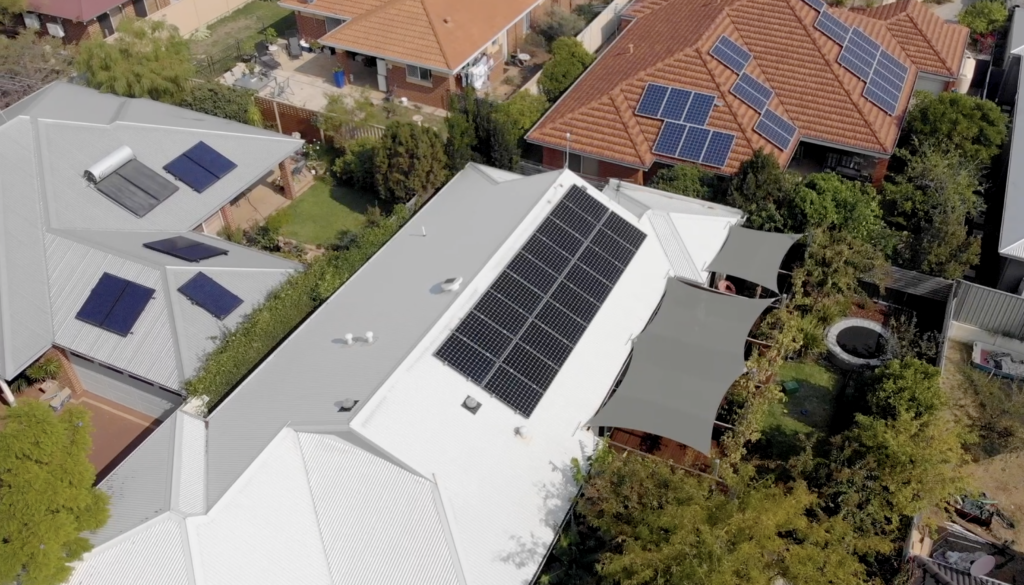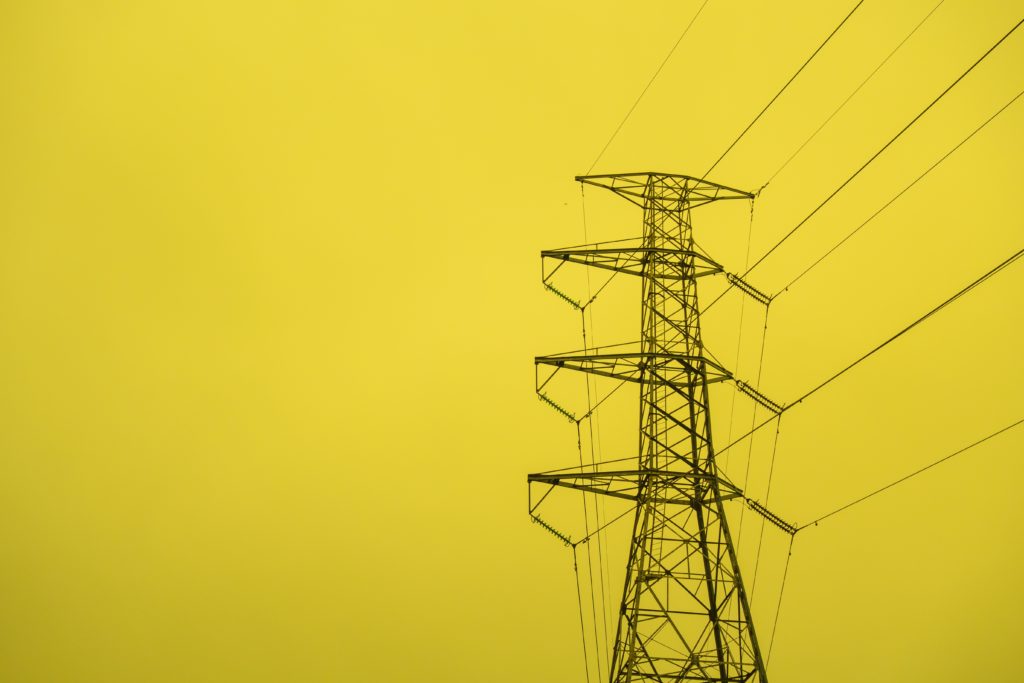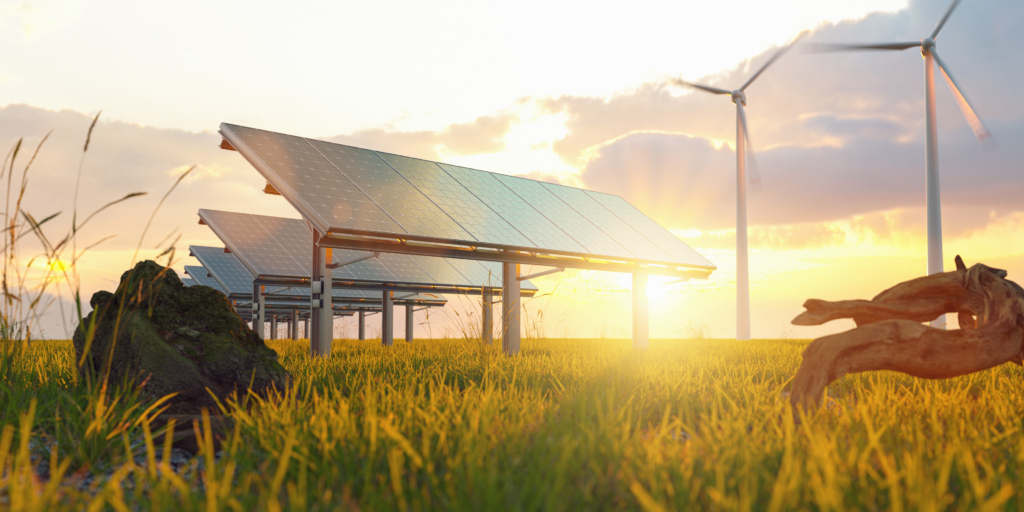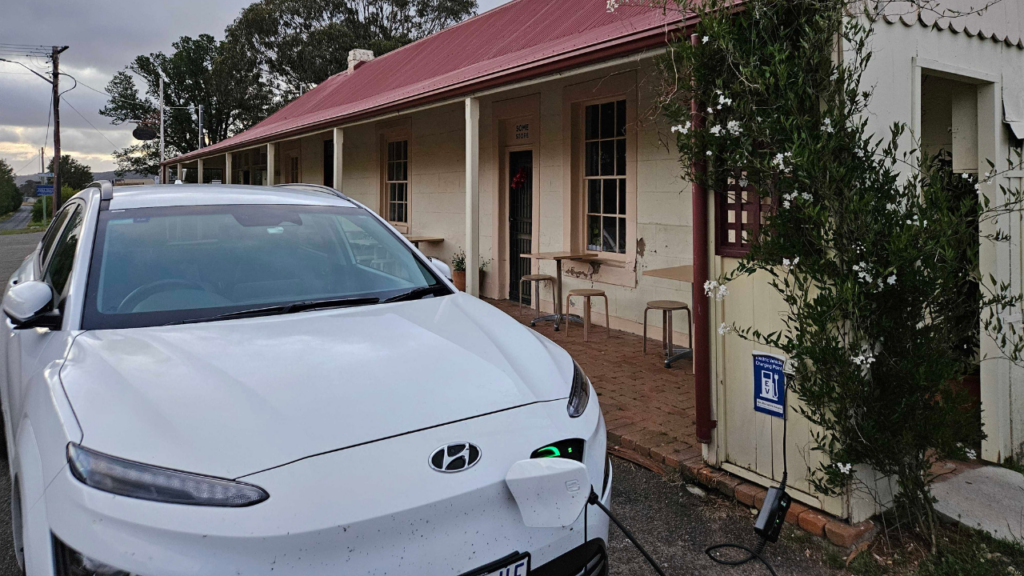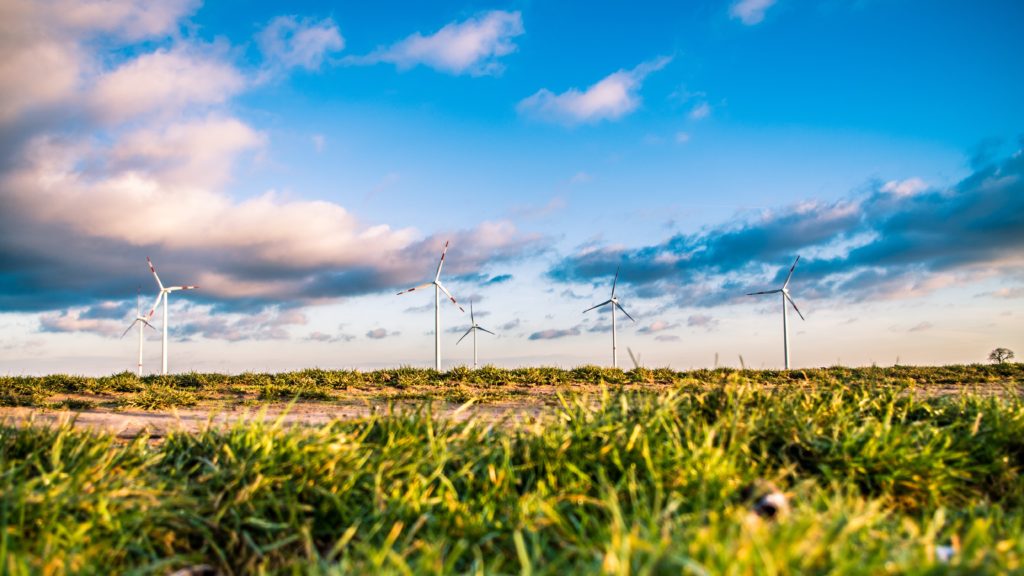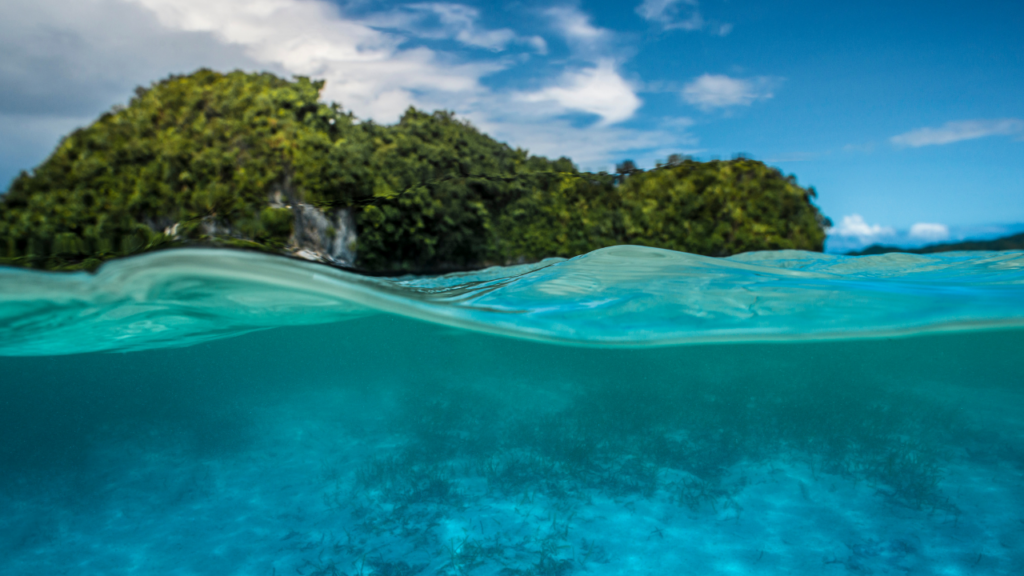With record-breaking levels of rain across the east coast of the country and the return of major flooding, Australians are once again bearing witness to the climate-disaster fuelled destruction of homes and businesses.
NAIDOC week events have coincided with the latest flooding in New South Wales and brought with them a heightened awareness of the ongoing impacts of colonisation felt by First Nations peoples.
First Nations peoples have been caretakers of this continent for more than 60,000 years, living in harmony with the land and seas.
It is true in Australia, for our Pacific Island neighbours and indeed First Nations peoples the world over that those who have contributed the least to the climate crisis stand to suffer the consequences most profoundly.
Earlier this year more than 36,000 Aboriginal and Torres Strait Islander people were directly impacted by flooding. In regional areas outside of Sydney, the proportion of First Nations people affected by floods was double that of the general population when they make up 3.3% of Australia.
Aboriginal and Torres Strait Islander people, especially children, are again more disproportionately affected by environmental disasters exacerbated by climate change.
Below is an article written by Climate Council Research Director Dr Simon Bradshaw in 2020, which continues to hold true today.
——————————————————————————————————————————————————————————————
The climate crisis is hitting First Nations communities hardest, but they also have the most to offer when it comes to solutions.
In over a decade of observing our unfolding climate crisis, nothing has been more confronting than a brief visit to the Torres Strait Islands in 2017. These hidden jewels are home to strong, flourishing communities with unique history, languages and culture, and a profound connection to their land and sea. Yet today they are in the midst of a catastrophe not of their making.
On Boigu we saw a cemetery that had been nearly lost to the sea, along with other sacred sites that are being eroded at an astonishing pace. On Masig we saw newly built roads and seawalls being washed away. For most Islanders, the prospect of ultimately being forced to relocate – to sever thousands of years of connection to place and to ancestors, not to mention basic sources of sustenance and livelihood – is unthinkable. The fear is palpable.
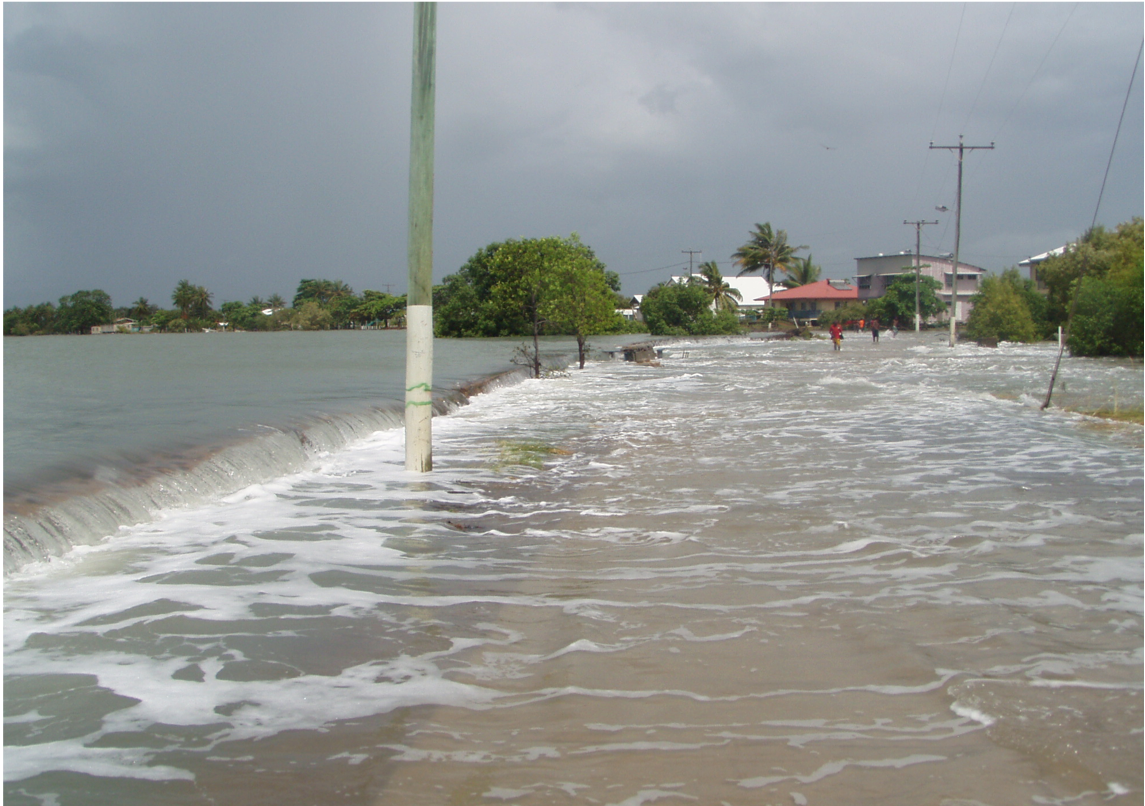
A seawater flood in the Torres Strait Islands
While the Torres Strait Islands have become emblematic of the grave cost of climate change, they are sadly only one example of how Australia’s First Nations people are bearing the brunt of a rapidly warming planet. Extreme heat may render some parts of central Australia uninhabitable, forcing communities to leave their country. Indigenous people were disproportionately affected by the extraordinary 2019/20 bushfires: by one account, one in eight of the entire Indigenous population was directly affected. Moreover, the losses experienced by Indigenous peoples – the damage to country, loss of native food sources, destruction of totemic plants and animals – are of a vastly different nature to those experienced by non-Indigenous peoples.
First Nations people have been dealt a double blow by the fossil fuel industry: forced to suffer the direct impact of mining on country, including destruction of sacred sites and countless incidents of forced displacement, and then forced to cope with the devastating impacts of climate change, including rising seas, extreme heat, shifting rainfall and worsening bushfires. The challenges of climate change come on top of more than two centuries of violence and dispossession. They are compounding historical injustices and exacerbating existing vulnerabilities. They are the latest product of a mentality that has entrenched inequalities around the world and allowed governments and corporations to pollute and plunder with impunity.
We often focus, quite rightly, on the impacts of climate change in the Pacific, in Bangladesh, in Sub-Saharan Africa and other places beyond our shores. However, it’s time to accept that the injustice and inequity at the heart of the climate crisis holds true right here in Australia.
There is another truth, no less important, with which we must also reckon. While today’s twin crises of climate disruption and rapid biodiversity loss may seem intractable, we must never forget that people flourished sustainably on this continent for over 60,000 years. That vast trove of ecological wisdom is as important today as ever before. In fact, a new respect for Indigenous knowledge and practices, coupled with meaningful progress on land rights and reconciliation, is surely fundamental to our ability to live sustainably on this continent in future.
A year prior to visiting the Torres Strait, the same small team I was working with spent a few days in the Kimberley to learn about traditional land and fire management in Australia’s vast tropical savannahs. Practitioners undertake many small, controlled burns during the cool season, thereby reducing the incidence of much larger and more destructive fires during the hot season. It is part of a millennia-old system that also helps protect biodiversity and keep carbon stored in the landscape, and today is providing good jobs on country. While similar practices exist in many parts of the continent, each has evolved to fit the local circumstances, and is part of a holistic system of knowledge and management unique to that area.
The wake of the unprecedented 2019/2020 fire season has seen a surge in interest in cultural burning and Indigenous land management more broadly. While this is encouraging, it must be accompanied by a major step-up in resourcing and support for Indigenous leadership. It cannot be about co-opting cultural burning into existing land management practices where it suits, but must be part of a larger program of Indigenous self-determination and decolonisation.
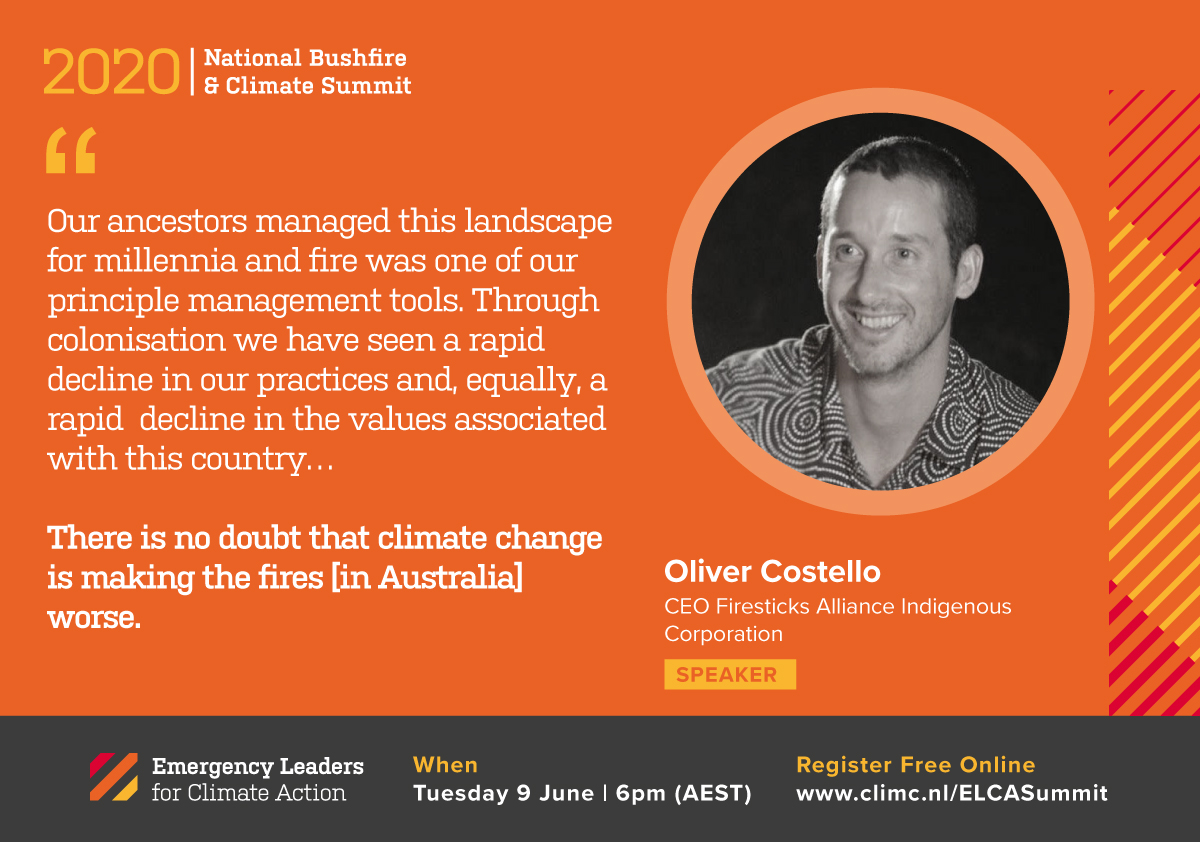
This year has further laid bare the reality of both climate change and enduring racial injustice worldwide. Will Australia emerge from this tumultuous year with a new respect for the wisdom and practices of Aboriginal and Torres Strait Islander peoples, and an understanding that we must look after our environment and our climate if it is to look after us?
So far, the signs are mixed, with the Morrison Government forging ahead with a vision for a gas-fired recovery that is sure to involve running roughshod over the rights and wishes of Traditional Owners, and stands only to fuel even more dangerous climate change. But whether that is allowed to happen is up to all of us.
This NAIDOC week we pay tribute to the First Nations people fighting to protect country, and to secure a better future for everyone. We recognize that this always was and always will be Aboriginal land, that sovereignty was never ceded, and that reckoning with these truths is an inescapable part of responding to climate change.

